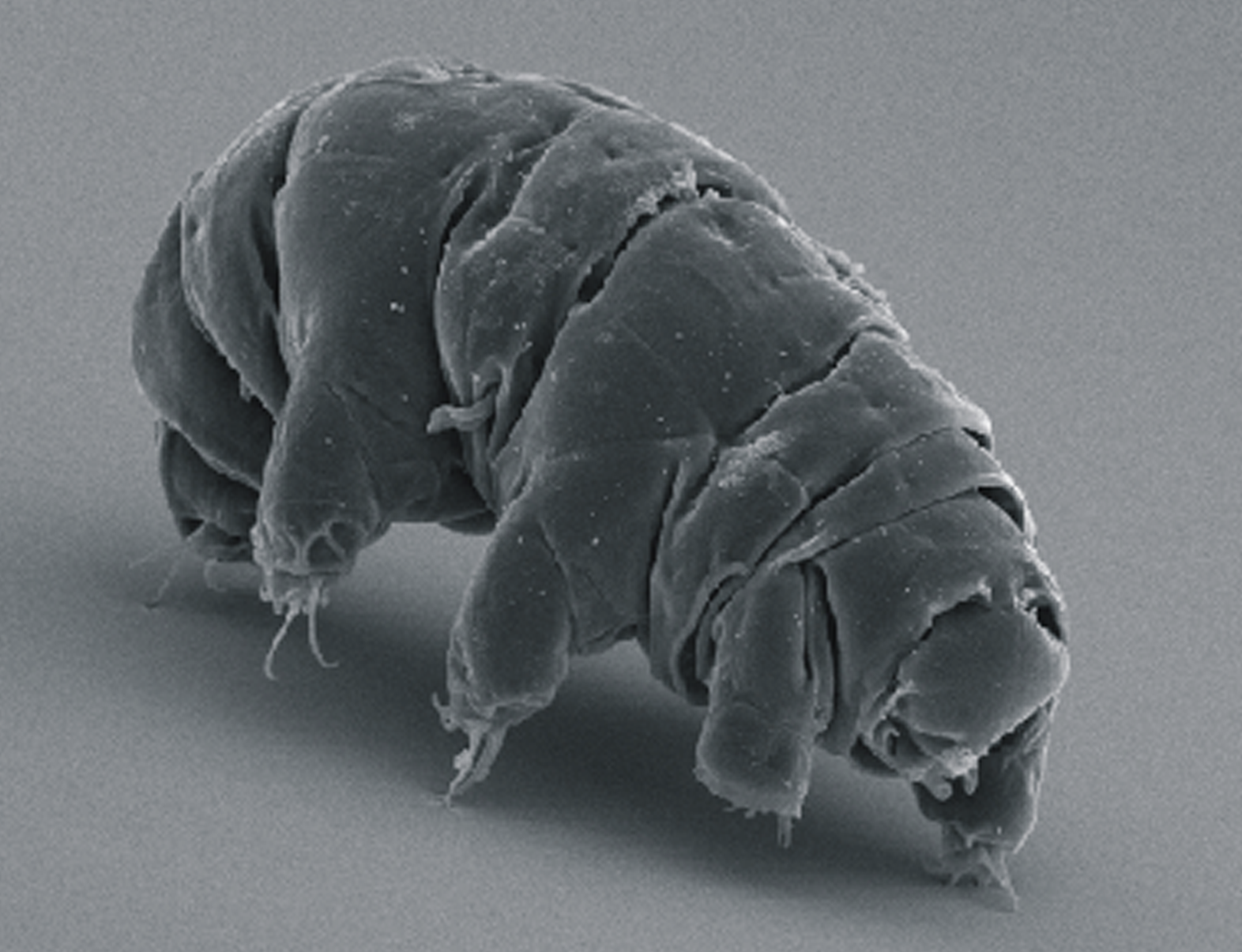This "indestructible" creature could significantly extend our life
Follow us on Google News (click on ☆)
Tardigrades, also known as "water bears", can survive in extreme environments thanks to their ability to completely dehydrate themselves and reduce their metabolism. Recently, scientists discovered that some of their proteins, when introduced into human cells in the laboratory, could similarly slow down the cells' metabolism.

Tardigrades are renowned for their ability to survive in extreme conditions.
Image Wikimedia
This study, published on March 19 in the journal Protein Science, examined a specific tardigrade protein named CAHS D. When this protein is present in human cells, it takes on a gel-like consistency and reduces the cells' metabolic activity.
According to Silvia Sanchez-Martinez, the lead author of the study and senior researcher at the Department of Molecular Biology at the University of Wyoming, these proteins enable human cells to enter biostasis, a state of slowed-down life where they become more resistant to various stresses. This discovery opens interesting prospects for medicine, particularly for preserving treatments in areas without refrigeration access and improving the preservation of cell therapies.
The researchers envision that this technique could eventually be used to induce a state of biostasis in cells, or even entire organisms, to slow aging and improve the preservation and stability of therapies.
Remarkably, this process is reversible: once the stress is removed, the tardigrade gels dissolve, and the human cells resume normal metabolism. This reversibility underscores the potential of tardigrade proteins in future medical applications.
The research team, led by Thomas Boothby, had previously demonstrated that tardigrade proteins could stabilize a medication treating hemophilia, without the need for refrigeration. These findings bolster interest in the unique capabilities of tardigrades and their potential for science and medicine.